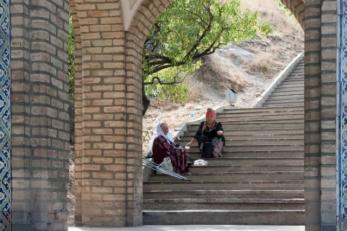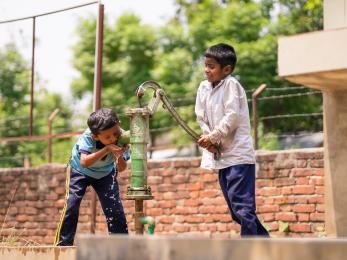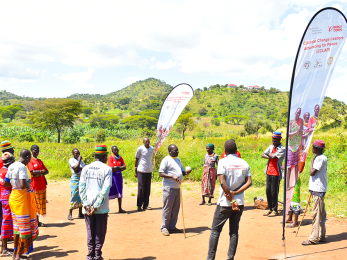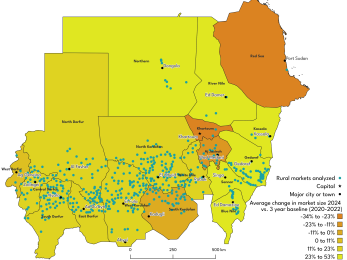Vulnerable to Manipulation

Download the brief ▸
Download the full report ▸
The Kyrgyz Republic has a young, rapidly expanding population, high levels of rural poverty, and a high dependence on Russia as a source of remittances, with more than half a million young people traveling abroad for work at any given time. Layered on top of these economic challenges, a history of conflict along ethnic and geographic divisions, as well as growing reports of youth joining violent extremist groups, have spurred questions about the future of the country’s youth and stability.
Research conducted by Mercy Corps and Foundation for Tolerance International in the Kyrgyz Republic explores risk factors for youth participation in violence. We interviewed 159 people, including migrant youth, remittance-receiving youth, and local leaders in Osh, Jalalabad, Batken, and Issyk-Kul. Policymakers are particularly concerned with migrant youth’s vulnerability to the influence of violent extremist groups, given evidence of recruitment of Central Asian citizens in places like Russia and Turkey. However, our research indicates that recruitment into groups such as Daesh also occurs at home and that the risks are not limited to violent extremism. Common themes of frustration, anger, and animosity across youth raise concern of the potential for participation in various types of violence, within the Kyrgyz Republic and beyond its borders. However, instability is not inevitable: government, civil society, and other stakeholders have an opportunity to build the resilience of youth and support stronger, more cohesive communities that can sustain peace.
Key Findings:
- Fault lines along religious expression create space for manipulation by violent extremist or other groups.
- Lack of confidence in government is eroding the credibility of the state.
- Youth are frustrated by unmet economic expectations and the pressure to migrate.
- Divisions persist between majority and minority ethnic groups.
- Counter-narratives on the risks of going to Syria are heard but not fully understood.


